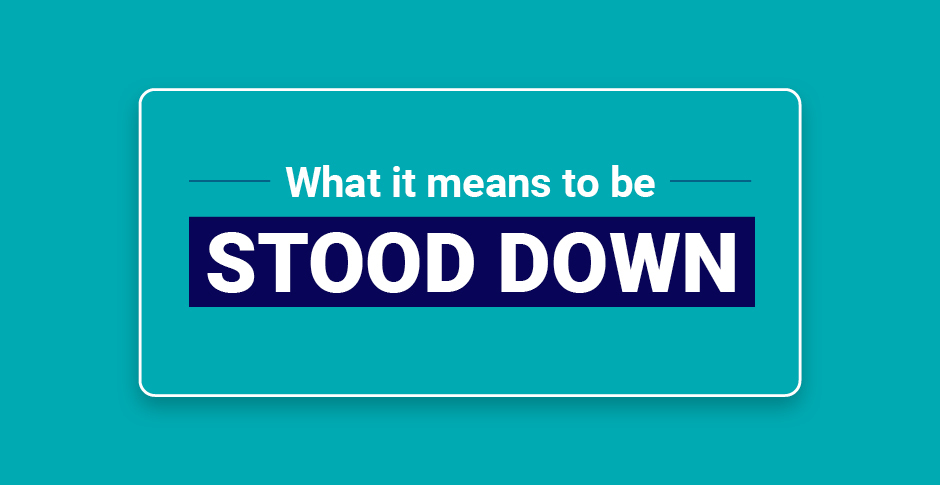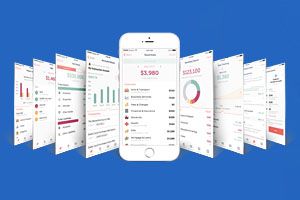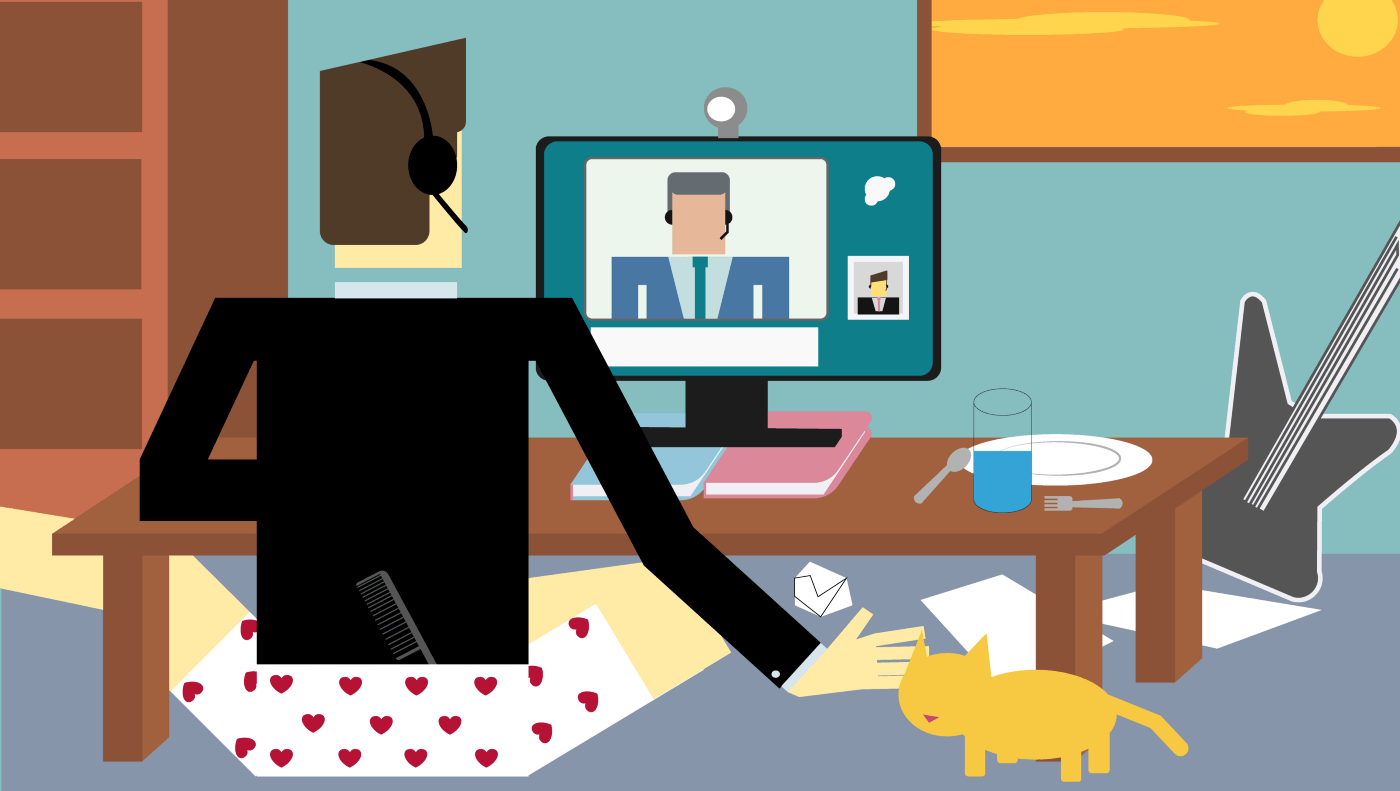
I’ve been stood down…what does this mean?
During the COVID economy, we are seeing new words and phrases like lockdown, economic hibernation, and perhaps many people’s favourite, quarantine (yes, it’s a martini during quarantine).
Another well circulated phrase, and one not as fun as the virtual happy hour is stood down.
But what does it actually mean to be stood down from your job?
Your employer may stand you down temporarily if they can’t continue to employ you because of reasons out of their control, say for example, the COVID-19 pandemic.
Being stood down is different from being fired or made redundant. You will still be employed by the business and have entitlements, but you won’t be paid.
What is the definition of stand down?
Under the Fair Work Act, an employee can be stood down from their role if they can’t be usefully employed because of a stoppage of work that the employer can’t be held responsible for. Examples include severe weather or a natural disaster like bushfires, which may have triggered a stand down.
But since the Federal Government announced restrictions on business and social gatherings to help slow the spread of COVID-19, businesses affected by these restrictions can now lawfully stand down employees without pay under the Fair Work Act.
What does usefully employed mean?
If your employer gains some benefit or value from the work that you do, you are considered “usefully employed” and you cannot be lawfully stood down from your role.
The rule is, that your employer must try and find useful work for you in the business, that you could reasonably be expected to perform.
Under the Fair Work Act, your employer must show that there is a stoppage of work. Employees can be stood down if they can’t be usefully employed, which is not limited to the work they usually perform.
Leisa Messer, Managing Director of HR Business Direction told seek.com.au, that employers will discuss with you, options when you’re stood down.
“This consultation period is also an opportunity for employees to suggest things that they may be able to do for the business outside of their normal role, and many employees can think creatively,” she says.
“However, if a whole business is being shut down, it’s unlikely that this kind of flexibility will be possible.”
What are your rights?
Being stood down does not mean that your role is redundant. You’re still employed, but you will not be paid during the stand down period (unless your employer is receiving a subsidy to pay you). On the plus side, is that you are still eligible for entitlements like annual leave.
But if you choose to resign during a stand down to take another job, your employer must pay out the accumulated annual leave that you haven’t taken as well as if you have acquired long service leave.
What should I do if I’ve been stood down?
You have a number of options, and employers will be extremely flexible during this environment. For example, Qantas, which has stood down thousands of employees, brokered a deal with supermarket giant Woolworths. This will allow, Qantas employees to take up jobs like stacking shelves or working in the warehouse. Your employer might allow you to work somewhere else, during this period. It is also worth having a conversation with your employer, about whether you are eligible for JobKeeper payments, which roll out from this month.




















